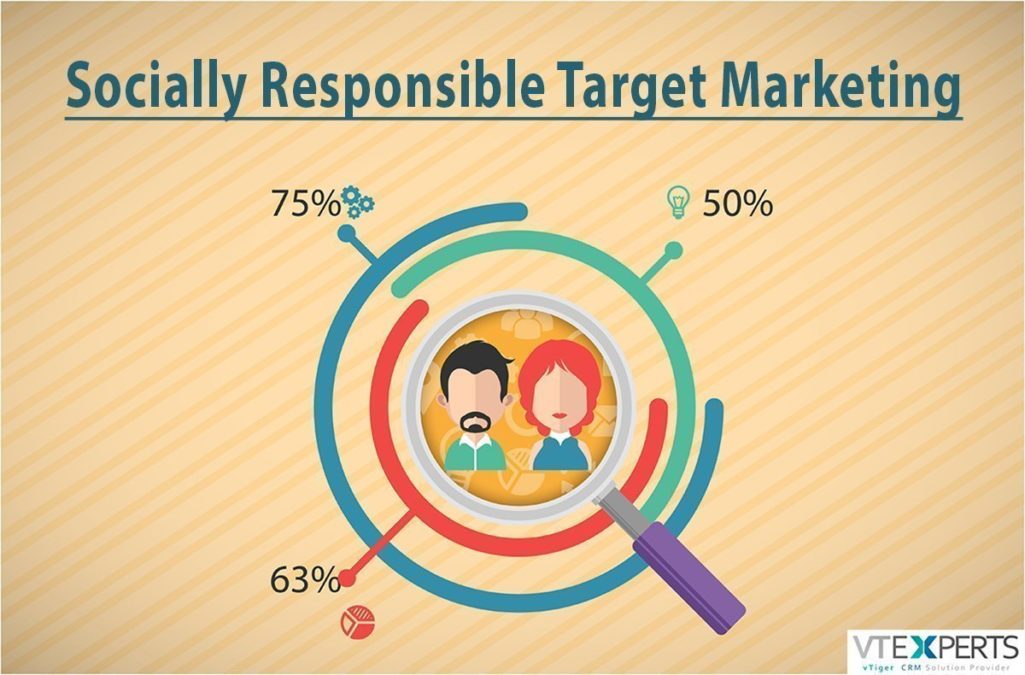Socially responsible target marketing is to target those market segments which will be beneficial for social welfare. Smart targeting helps companies to be more effective and efficient by focusing on segments that they can satisfy best and most profitably. Targeting also provides benefits for consumers. Companies reach specific groups of consumers with various offers carefully altered to satisfy their needs. However, sometimes target marketing generates concern and controversy. The major issues usually engage the targeting of vulnerable or deprived consumers with controversial or potentially harmful goods and services.
For example, over the years, a cereal industry has been criticized heavily for its marketing attempts directed towards kids. Critics concern that premium offers on products and high-powered advertising appeals presented and the presence of kids’ favorite and lovable animated characters will overwhelm their defenses. The marketers of toys and other children’s stuffs have been similarly shabby, often with good justification.
Other issues arise when the marketing of adults’ products move over into the kid segments, intentionally or unintentionally. There is need to encourage responsible advertising, the children’s advertising review unit. The advertising industry’s self regulatory agency has published extensive children’s advertising guidelines that recognize the special needs of child audience.
In recent years, the marketers of Fast-food, Cigarette, and Beer have also generated much controversy by their efforts to target inner-city minority consumers. For example, McDonald’s and chains have drawn criticism for pitching their high-fat, salt-laden fare to low-income, urban residents who are much more likely than are suburbanites to be heavy consumers.
Not all efforts to target children, minorities, or other special segments illustrate such criticism. In fact, most provide benefits to targeted consumers. For example, Colgate makes a large selection of toothbrushes and toothpaste flavors and packages for children, from Colgate Barbie Sparkling Bubble Fruit, Colgate Bernie Mild Fruit, and Colgate Looney Tunes Tazmanian Devil Wild Mint Toothpastes to Colgate Pokemon and Disney Monsters, Inc. character toothbrushes. Such products help to make tooth brushing more fun and get kids to brush more often and longer.
Hence, in target marketing, the issue is not really who is targeted but rather how and for what. Controversies arise when marketers attempt to make profits at the expense of targeted segments, when they target vulnerable segments unfairly or target them with questionable goods and tactics.
So socially responsible marketing describes for targeting and segmentation that not serve just for interests of the company and its business, but also for targeted consumers.






